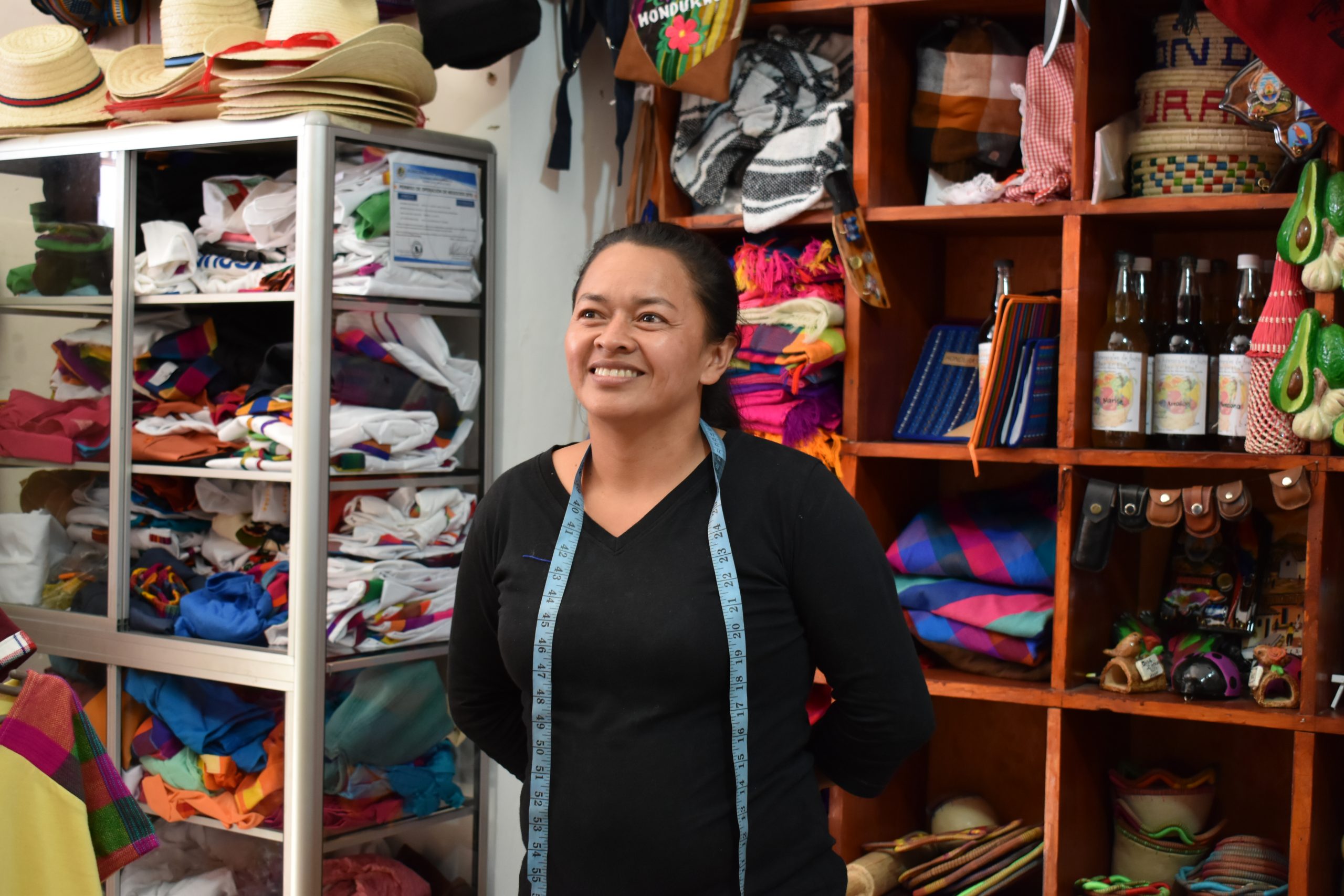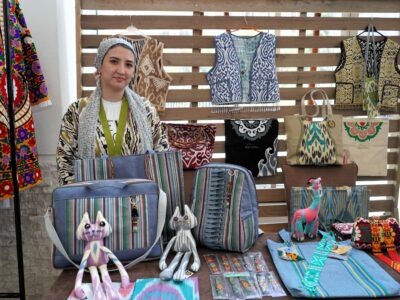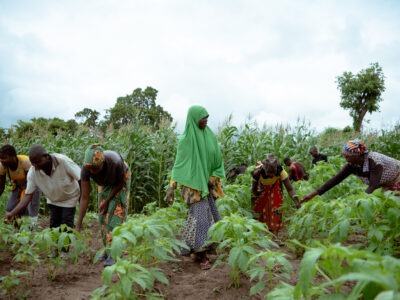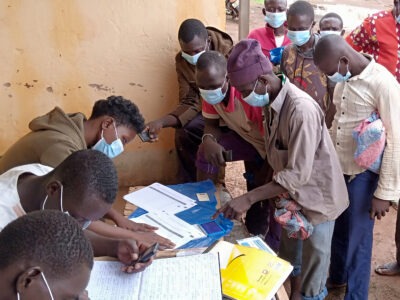
This International Women’s Day, we’re examining the ways in which our leadership “Choose to Challenge” gender biases and inequalities within our own organization and the communities we serve. We sat down with Anita Bhatt, ACDI/VOCA’s chief financial officer, and Bob Fries, ACDI/VOCA’s executive vice president of Technical Learning and Application (TLA) and president of AV Ventures, to talk about the fight for gender equity. Read their responses below.
What does International Women’s Day mean to you?


Anita: To me, it is a day to acknowledge and celebrate the contributions of women to their families, communities, and countries.
Bob: I think my first experience with International Women’s Day celebrations was more than 20 years ago with our projects in Central Asia. Men in the office brought gifts and food to acknowledge the work of women colleagues. So, when I thought of the day, I pictured flowers, silk scarves, and plov.
Over time, my view of the day has expanded — from an opportunity to recognize today’s contributions to a chance to also reflect on today’s missed opportunities, imagine a better future, and commit to concrete changes that can make that future more likely. To a great degree, I owe my evolving view of the day to the thinking, ingenuity, and commitment of our gender community of practice and the women and men inside and outside of our TLA team, who work from our home and country offices around the world to mainstream gender issues and opportunities. Thanks to each of you for being effective agents of change.
As a leader, what is one thing you “choose” to do to make workplaces or communities more inclusive or equal?
Anita: I take the time to mentor other women, as I was mentored, as their careers evolve, so that they may learn from my experiences and mistakes.
Bob: Hone my reflective skills. This year, I have met with a small group of colleagues to explore how bias and inequality reveal themselves in our society and in our work. These sessions have opened my eyes to more situations where biases affect how we interact and limit what we can achieve together. The problems we work to address together are complex. Solving them is important. We need diverse voices and broad perspectives in the room to define solutions with the greatest chance of success. We need to recognize the patterns of behavior and elements of systems that crowd out needed voices, sideline relevant actors, and separate women and marginalized groups from shaping, engaging in, and benefitting from the solutions we pursue together. Otherwise, we will come up short on our mission to increase economic prosperity and social inclusion.
Anita, what are the biggest challenges you’ve faced as a woman in finance? How have you overcome them?
Anita: The biggest challenges I have faced have been internal, such as having the confidence and courage to advocate for myself and learning how to pick the causes for which I am willing to expend capital wisely. In both cases, for me, the key to success was preparation.
Bob, what can men do to be allies in the fight for gender equity?
Bob: Be reflexive and reflective. When confronted with behavior that denigrates or isolates women, speak up reflexively. (We have a reputation for doing that a lot, don’t we?) But it is important to go beyond reflexive responses. Most situations benefit from listening first and thinking about what is being said and what is not being said as well as the perspectives that influence the conversation and the perspectives that are absent. Reflection gives us space to elicit, reinforce, and incorporate needed perspectives, rather than crowd them out.
How do you challenge or call out gender bias and inequalities?
Anita: While I could do more to advocate against gender bias and inequality, my activism takes the form of supporting organizations that empower and educate women.
Bob: I hope, by following my own advice of being as reflexive or reflective as the situation demands. But I recognize these are skills that require continued honing.








